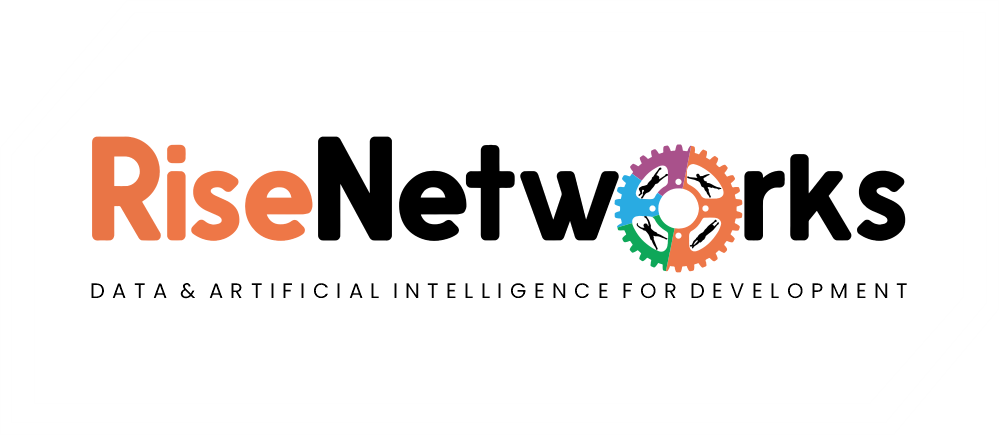Artificial intelligence is becoming an increasingly important part of our lives. Look around, and you’ll see AI used in everything from search engines to auto-correct to social media, driverless cars, Amazon’s Alexa virtual assistant, and many more. However, AI is more than that. And this article digs into the things you need to know about artificial intelligence.
What is artificial intelligence?
Artificial intelligence is the science of making machines think like humans, and it is already changing our world in major ways. Artificial intelligence (AI) is a branch of computer science that deals with the design and development of intelligent agents and systems that are capable of performing tasks that normally require human intelligence. It has many practical applications in our everyday lives, such as search engines, speech recognition software, machine translation, and autonomous vehicles.
Examples of artificial intelligence
There are so many examples of artificial intelligence around us. Here are some examples.
-Facial detection and recognition
-Manufacturing robots
-Self-driving cars.
-Marketing chatbot
-Virtual assistants like Siri, Alexa, and so on
-Google Maps
Branches Of Artificial Intelligence
Branches of Artificial Intelligence
Here are the major branches of artificial intelligence.
Machine Learning
Deep Learning
Natural Language Processing
Robotics
Expert Systems
Fuzzy Logic
Machine Learning
Machine learning focuses on the development of computer programmes that can access data and use it to learn for themselves.
Types of Machine Learning Algorithms
Supervised learning algorithms
Unsupervised learning algorithms
Supervised learning and unsupervised learning
Semi-supervised learning
Reinforcement learning
Deep Learning
Edureka defines deep learning as the use of neural networks on high-dimensional data to derive insights and provide solutions. The Facebook facial verification algorithm, autonomous vehicles, virtual assistants like Siri and Alexa, and other systems use deep learning reasoning.
Natural Language Processing
Natural Language Processing (NLP) is the study of how computers can understand and process human language. It’s a subfield of artificial intelligence (AI), which encompasses the study of intelligent machines, and it uses a lot of advanced mathematics to understand human speech, written text, and other forms of communication. In NLP, computers try to understand what people are saying in natural language, that is, in terms of their meanings rather than their syntactic structures or grammatical rules.
Robotics
This is a subdiscipline of AI that focuses on the design, construction, and operation of robots. Robotics is an essential component of AI because it allows computers to observe their environment and perform tasks like moving objects, opening doors, serving food, etc. An example of an AI robot is Sophia the robot.
Expert Systems
An expert system is a computer programme that uses artificial intelligence (AI) technologies to simulate the judgement and behaviour of a human or an organisation that has expertise and experience in a particular field.
Fuzzy Logic
Fuzzy logic is a method of dealing with uncertainty. Through the use of fuzzy rules, it is able to handle human reasoning (which is inherently uncertain and vague) and combine it with logical decision-making. Fuzzy logic has found its way into many different types of systems and applications, ranging from supervisory control for industrial robots to image processing for medical diagnostics.
Here are some things you should know about AI.
AI helps us get more tasks done more efficiently.
With the help of AI technologies available, we can now get more tasks done faster and more efficiently, as these technologies offer help by making our work easier using AI software, which saves money and time.
AI machines make decisions based on data.
Artificial intelligence is a kind of computer technology that enables machines to learn from and make decisions based on data.
AI can help solve problems.
The use of AI technologies can help humans solve challenges. One area where AI is making a difference is in the financial sector, where it is used to identify fraud, as well as in the educational sector, where numerous AI technologies are making a difference by providing educational services to their users. One such instance is Passnownow, a website in Nigeria that provides students and teachers with class notes, lesson notes, and past exam questions to prepare for exams.
Human workers may be replaced by AI.
Everyone in the working class space needs to know this about artificial intelligence because this technology is growing fast and is projected to replace 800 million jobs in 2030, making about 30% of occupations extinct. With this significant shift, nearly 400 million people will have to adapt and change careers. (Source: McKinsey & Company)
Sophia is the first AI robot citizen.
Sophia the robot became the first robot to ever earn citizenship of any nation when it was granted Saudi Arabian citizenship in October 2017.
According to David Hanson, the founder of Hanson Robotics, the robot was modelled after Audrey Hepburn, Nefertiti, the ancient Egyptian queen, and David’s wife, Amanda Hanson.
Sophia is known for her human-like appearance and behaviour compared to previous robotic variants; she imitates human gestures and facial expressions and can answer certain questions and have simple conversations on predefined topics (e.g., the weather).
By 2025, the global AI market will increase by $120 billion.
The future growth of the artificial intelligence (AI) industry is predicted to be exponential. Statistics on the expansion of the AI industry indicate that the sector will rise from $5 billion in 2015 to about $125 billion in 2025.
Conclusion
In conclusion, AI will change our way of life in several ways. AI will be essential to various other societal developments in addition to the possibility of improved workplace operations. It will make it possible to set up systems that will quickly bring our planet and humanity closer together than ever before. As this new technology moves us forward, let’s take a positive look at what the future may bring.

